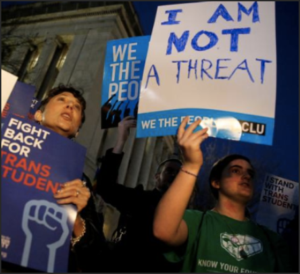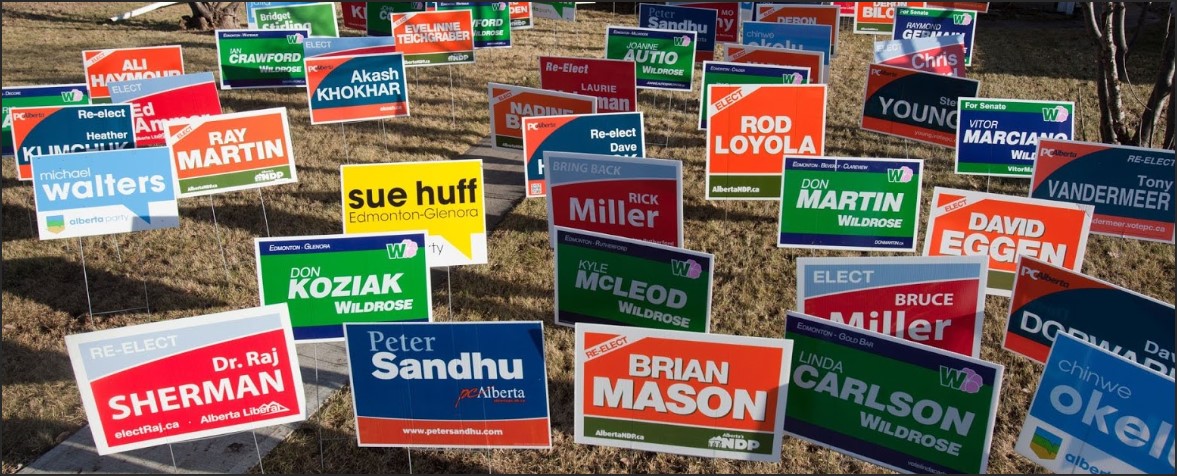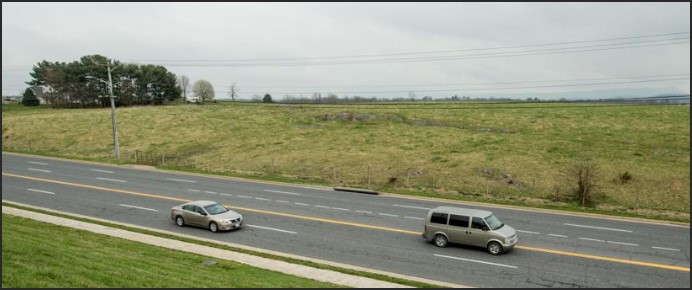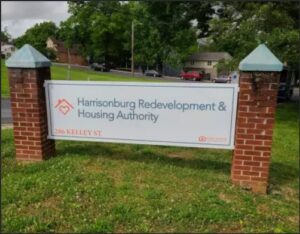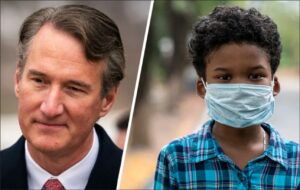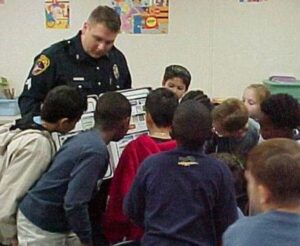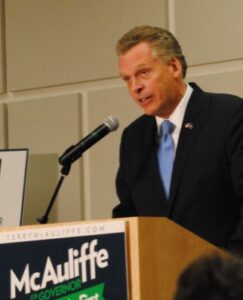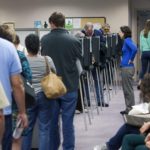by Joe Fitzgerald
Green’s Law was in effect this week.
Green’s Law was named, by me, for longtime mayor and councilman Walter F. Green III, and originated at a council meeting when he did an even worse job than usual of hiding his disdain for opponents of the golf course. I don’t remember what was being said, discussed, or argued, but I remember his comment:
“You people need to understand how government works.”
I always think of Green’s Law when I listen to people running for city council. This week it was two supposed independents listed on the Republican sample ballot and seeming to run against Chris Jones. Continue reading

